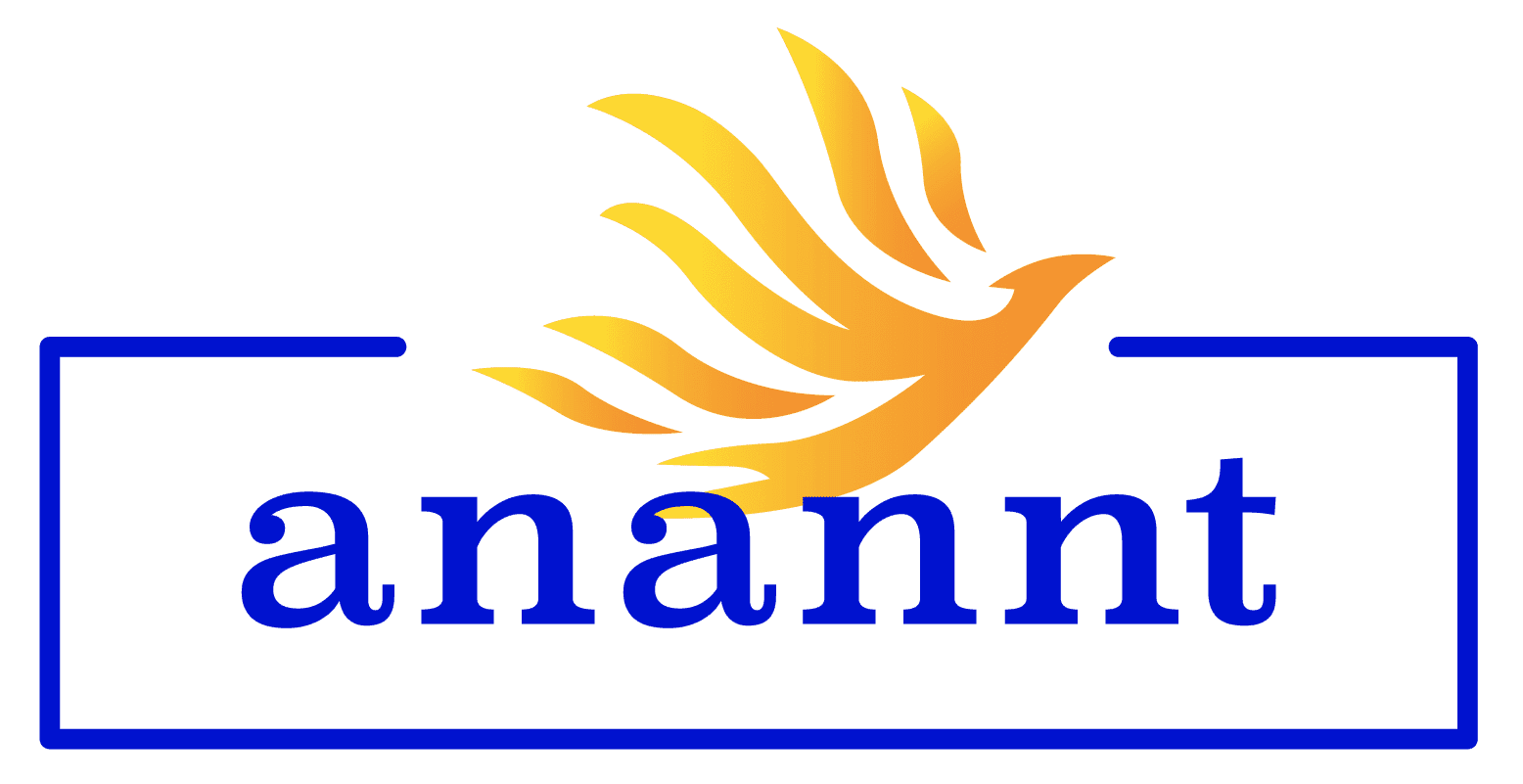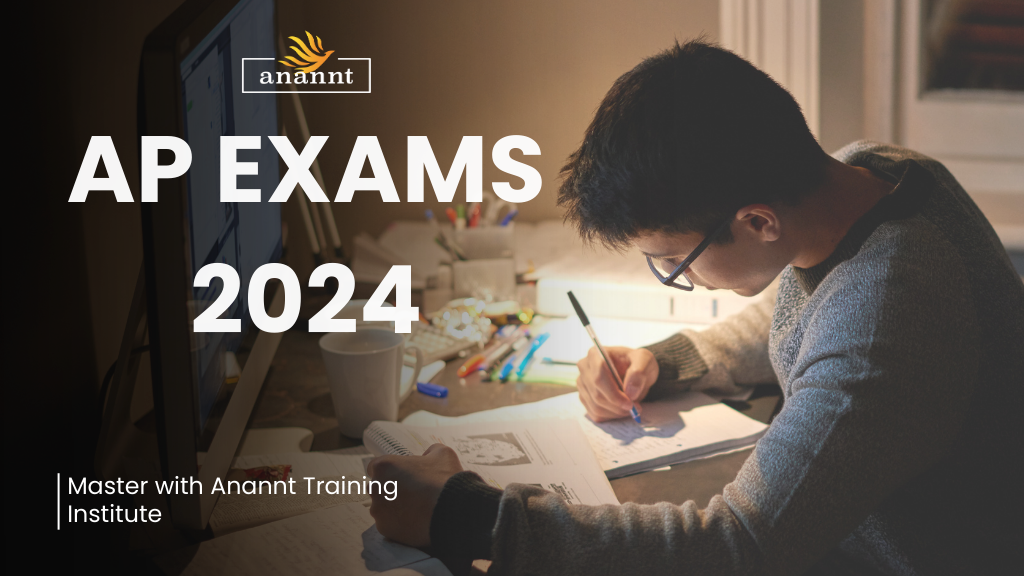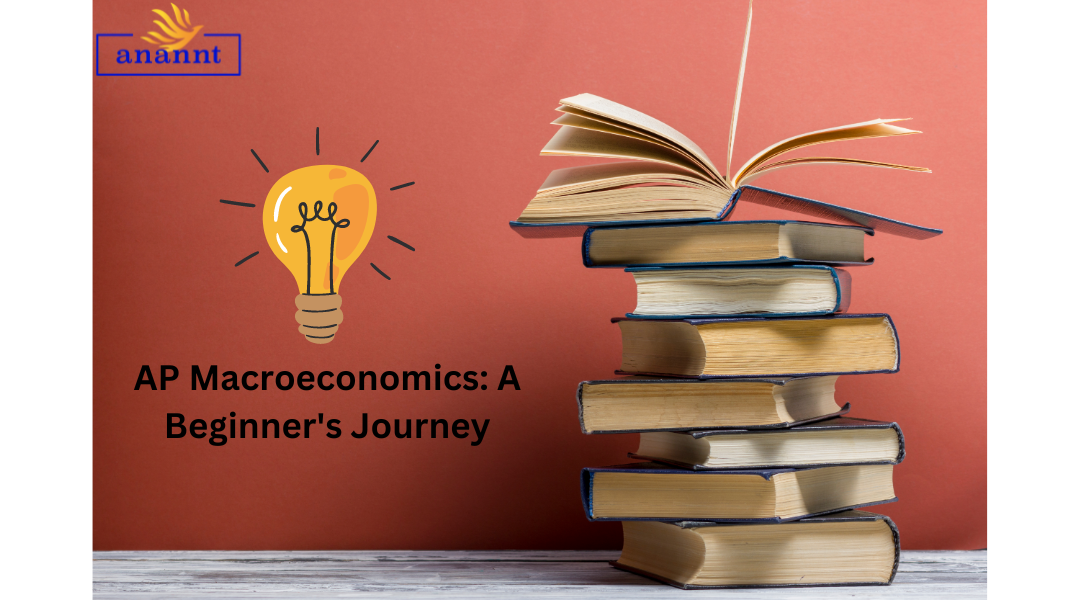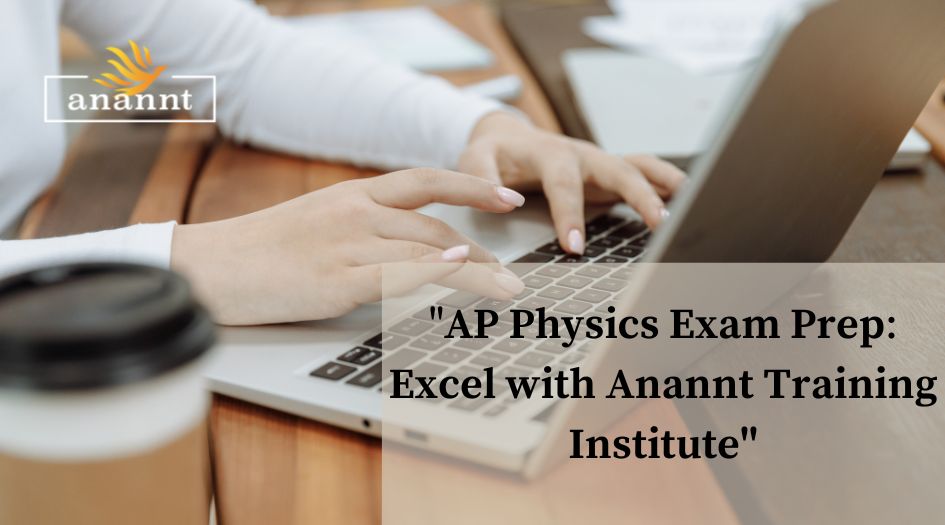WE ARE A FULL SERVICE
ACING THE ADVANCED PLACEMENT TESTSLet's Dive in!
If you have any doubts selecting which AP’s to take for your intended major. Feel free to write to us.
What We’re All About
Hey there, we’re all about making your Advanced Placement journey a breeze. Our mission? To be your trusty sidekick on this academic adventure! Picture this: a team of seasoned AP pros ready to show you the ropes, a treasure trove of study aids, and a community of friendly faces cheering you on. Whether you’re aiming for a perfect score or just looking to crush those tough subjects, we’ve got your back. So, why not join us? Let’s make your AP journey legendary together!
Our Specialties
AP Computer Science Principles
AP Computer Science A
AP Calculus AB
AP Calculus BC
AP Physics 1(Algebra based)
AP Physics 2(Algebra based)
AP PHYSICS c mECHANICS
ap pHYSICS C eLECTRICITY & mAGNETISM
AP statistics
AP Chemistry
AP Biology
AP Macroeconomics
AP English Language and Composition
AP Microeconomics
AP English Literature and Composition
AP World History
AP US History







